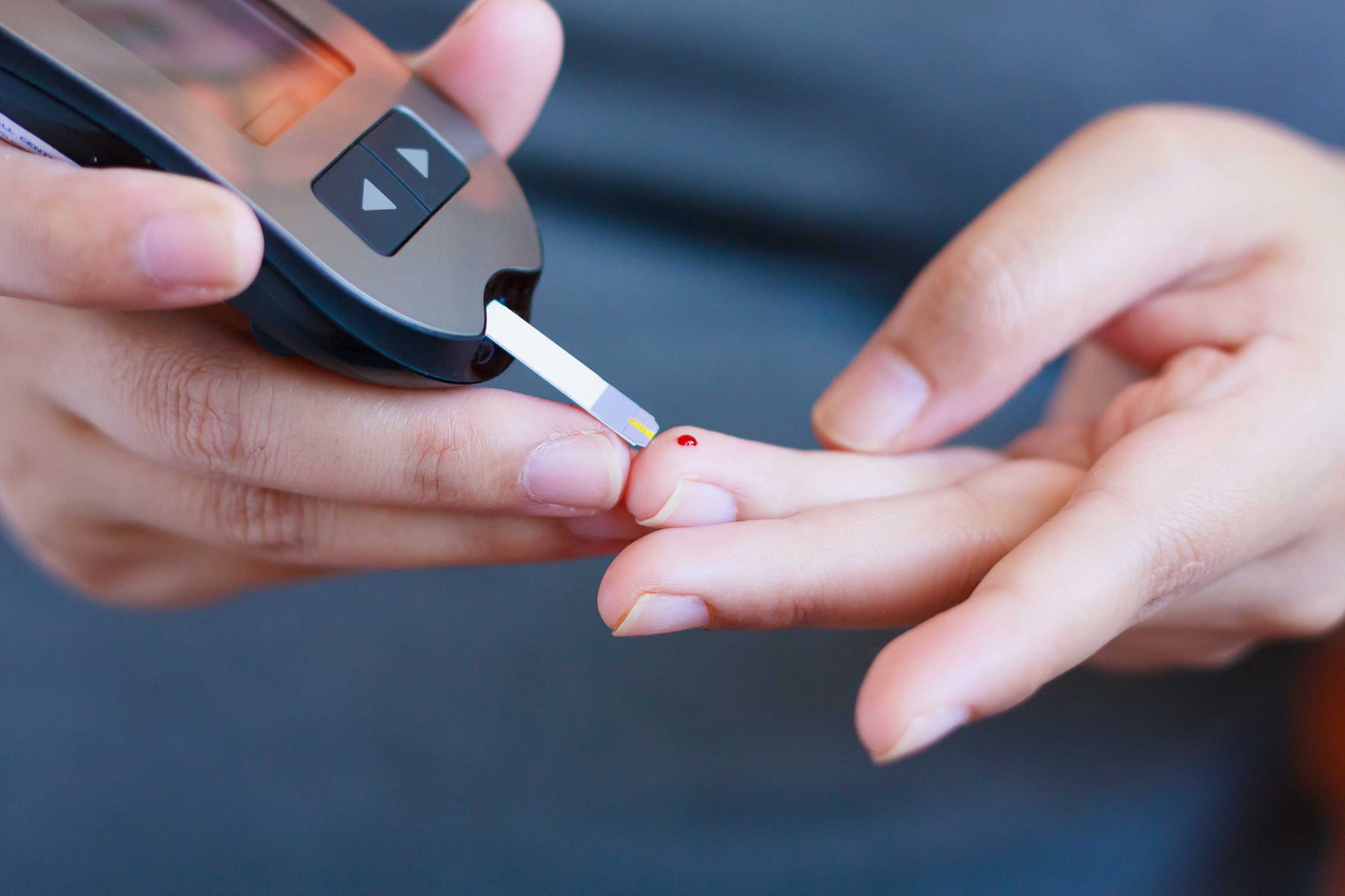Introduction
Diabetes is a chronic condition that affects millions of people worldwide. Effective management of diabetes is crucial to prevent complications and maintain a good quality of life. This blog provides comprehensive advice on managing diabetes through diet, exercise, and medication.
Understanding Diabetes
Diabetes occurs when the body either does not produce enough insulin or cannot effectively use the insulin it produces. The main types of diabetes are:
- Type 1 Diabetes: An autoimmune condition where the body attacks insulin-producing cells in the pancreas.
- Type 2 Diabetes: A metabolic disorder where the body becomes resistant to insulin or doesn’t produce enough insulin.
- Gestational Diabetes: A form of diabetes that occurs during pregnancy.
Tips for Managing Diabetes
1. Healthy Diet
A balanced diet is vital for managing diabetes. Here are some dietary tips:
- Monitor Carbohydrates: Keep track of carbohydrate intake, as they have the most significant impact on blood sugar levels. Choose complex carbohydrates over simple sugars.
- Eat Fiber-Rich Foods: Include plenty of vegetables, fruits, whole grains, and legumes in your diet. Fiber helps control blood sugar levels.
- Choose Healthy Fats: Opt for unsaturated fats found in avocados, nuts, seeds, and olive oil. Avoid trans fats and limit saturated fats.
- Portion Control: Be mindful of portion sizes to avoid overeating and help maintain a healthy weight.
- Stay Hydrated: Drink plenty of water and avoid sugary drinks and excessive alcohol consumption.
- Regular Meals: Eat at regular intervals to help maintain stable blood sugar levels.
2. Regular Exercise
Physical activity is essential for managing diabetes. Benefits of regular exercise include improved blood sugar control, increased insulin sensitivity, and better cardiovascular health. Here are some tips:
- Set Realistic Goals: Aim for at least 150 minutes of moderate-intensity aerobic exercise per week, such as brisk walking, swimming, or cycling.
- Incorporate Strength Training: Include strength training exercises at least twice a week to build muscle and improve insulin sensitivity.
- Stay Active Throughout the Day: Take short breaks to stand, stretch, or walk if you have a sedentary job.
- Monitor Blood Sugar Levels: Check your blood sugar levels before and after exercise to understand how your body responds to physical activity.
- Stay Consistent: Make exercise a regular part of your routine to achieve long-term benefits.
3. Medication Management
For many people with diabetes, medication is a necessary part of treatment. Follow these guidelines to manage your medication effectively:
- Follow Prescriptions: Take medications as prescribed by your healthcare provider. Do not skip doses or change dosages without consulting your doctor.
- Monitor Blood Sugar Levels: Regularly check your blood sugar levels to ensure your medication is working effectively.
- Understand Your Medication: Learn about the medications you are taking, including how they work, potential side effects, and how they interact with other drugs.
- Keep Track of Supplies: Ensure you have an adequate supply of medications, test strips, and other necessary equipment.
- Communicate with Your Healthcare Team: Regularly discuss your progress and any concerns with your healthcare provider.
Additional Tips for Managing Diabetes
1. Stress Management
Stress can affect blood sugar levels, so it’s essential to manage stress effectively:
- Practice Relaxation Techniques: Techniques such as deep breathing, meditation, and yoga can help reduce stress.
- Stay Organized: Keep a schedule for meals, exercise, and medication to reduce anxiety and improve blood sugar control.
- Seek Support: Talk to friends, family, or support groups to share your experiences and gain encouragement.
2. Regular Health Check-Ups
Regular check-ups are crucial for monitoring your overall health and preventing complications:
- Eye Exams: Regular eye exams can help detect and treat diabetic retinopathy early.
- Foot Care: Inspect your feet daily for cuts or sores and have regular check-ups with a podiatrist to prevent infections.
- Dental Care: Maintain good oral hygiene and have regular dental check-ups to prevent gum disease.
3. Education and Awareness
Stay informed about diabetes management:
- Attend Diabetes Education Classes: Learn about managing diabetes through classes or workshops offered by healthcare providers or community organizations.
- Stay Updated: Keep up with the latest research and treatment options for diabetes.
Conclusion
Managing diabetes requires a comprehensive approach that includes a healthy diet, regular exercise, and effective medication management. By adopting these strategies, individuals with diabetes can lead healthier lives and reduce the risk of complications. Remember, regular communication with your healthcare team is essential to tailor your management plan to your specific needs.







